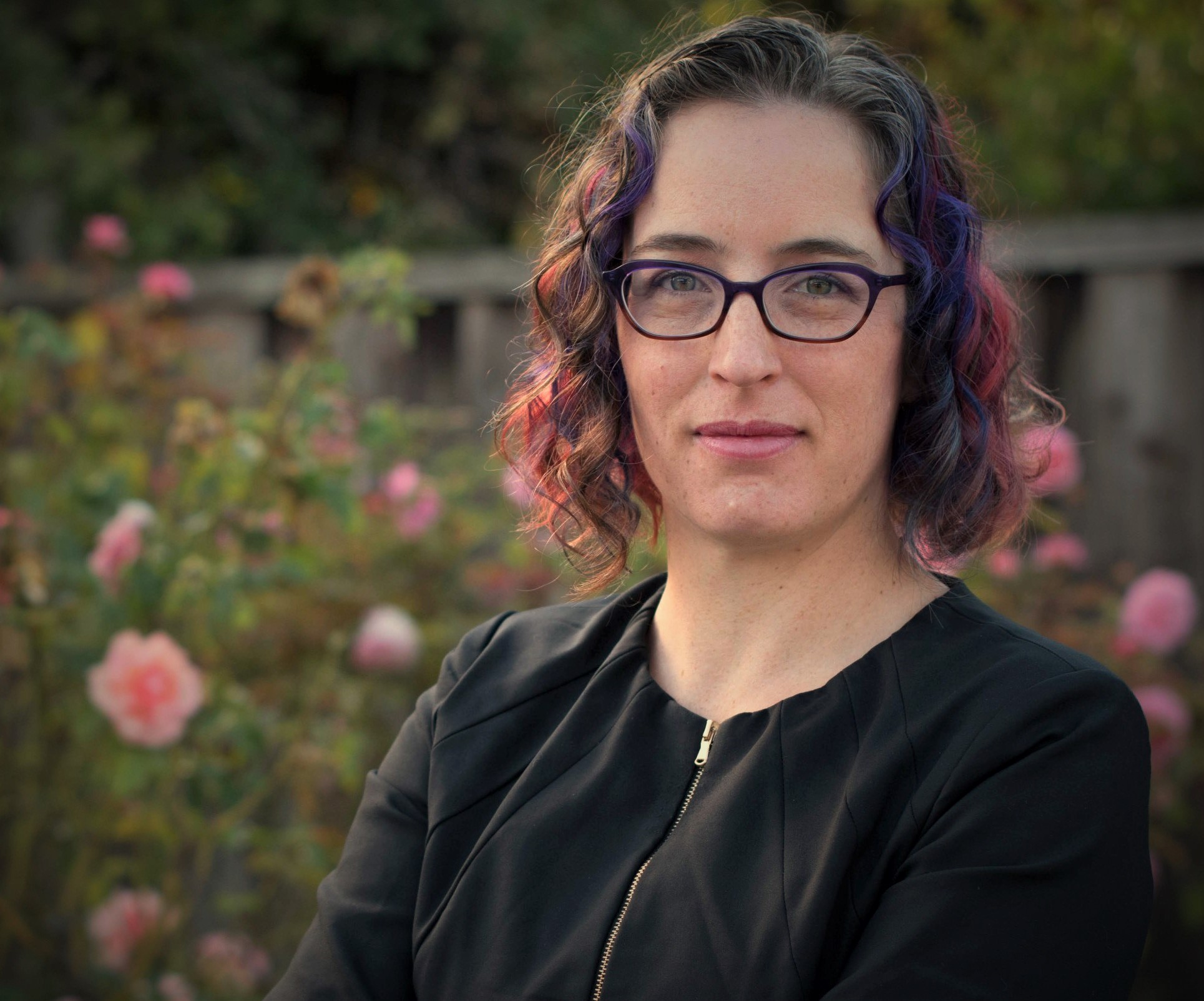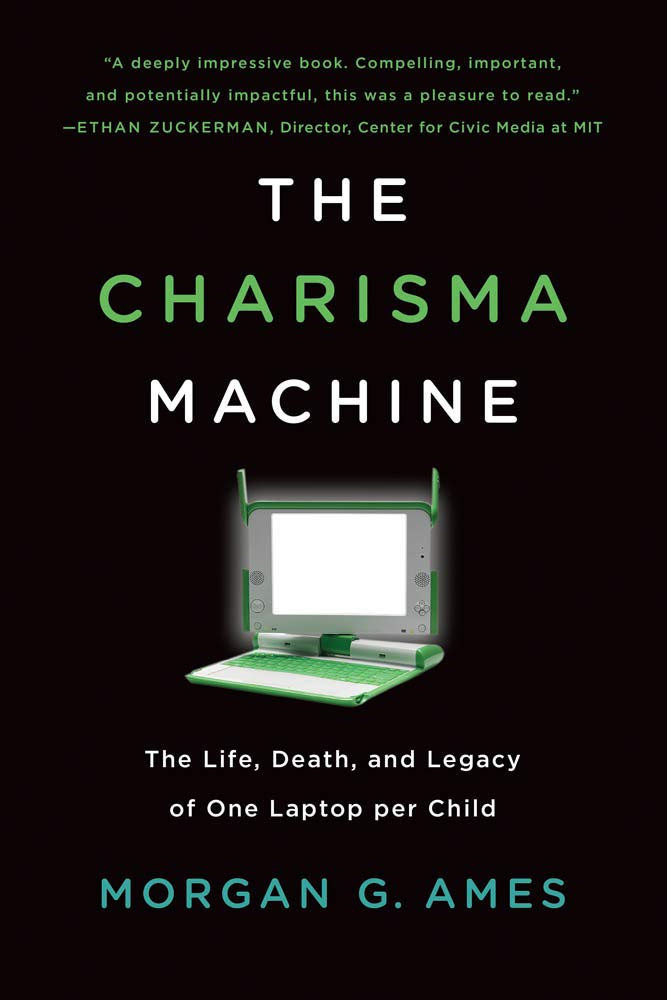
Event Details
- This event has passed.
Morgan G. Ames: The Charisma Machine – The Life, Death, and Legacy of One Laptop per Child
To participate, click here to register.

Title
The Charisma Machine: The Life, Death, and Legacy of One Laptop per Child
Abstract
Drawing on her book, The Charisma Machine, Ames chronicles the life and legacy of the One Laptop per Child project and explains why — despite its failures — the same utopian visions that inspired OLPC still motivate other projects trying to use technology to “disrupt” education and development.
Announced in 2005 by MIT Media Lab cofounder Nicholas Negroponte, One Laptop per Child promised to transform the lives of children across the Global South with a small, sturdy, and cheap laptop computer, powered by a hand crank. In reality, the project fell short in many ways, starting with the hand crank, which never materialized. Yet the project remained charismatic to many who were enchanted by its claims of access to educational opportunities previously out of reach. Behind its promises, OLPC, like many technology projects that make similarly grand claims, had a fundamentally flawed vision of who the computer was made for and what role technology should play in learning.
Based on archival work and an ethnography of a model OLPC project in Paraguay, this talk will discuss how the laptops were not only frustrating to use, easy to break, and hard to repair, they were designed for “technically precocious boys” — idealized younger versions of the developers themselves — rather than the diverse range of children who actually used them. Reaching fifty years into the past and across the globe, Ames offers a cautionary tale about the allure of technology hype and the problems that result when utopian dreams drive technology development.
Speaker Bio
Morgan G. Ames researches the ideological origins of inequality in the technology world, with a focus on utopianism, childhood, and learning. Her book The Charisma Machine: The Life, Death, and Legacy of One Laptop per Child (MIT Press, 2019), winner of the 2020 Best Information Science Book Award, draws on archival research and ethnographic fieldwork in Paraguay to explore the cultural history, results, and legacy of the OLPC project – and what it tells us about the many other technology projects that draw on similar utopian ideals. Morgan is an assistant adjunct professor in the School of Information at the University of California, Berkeley, where she teaches in Data Science and administers the Designated Emphasis in Science and Technology Studies in affiliation with the Center for Science, Technology, Medicine and Society.
This event is co-sponsored by ESC and the Science, Technology, and Society (STS) Program.



